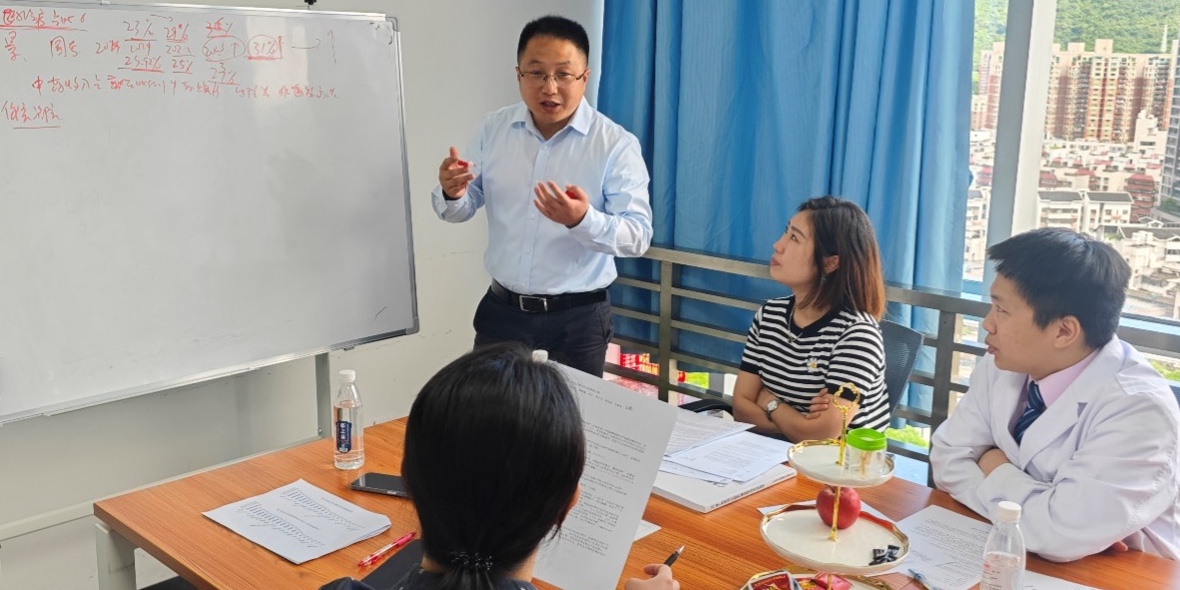
Malika Mir on using the obeya at pharmaceutical firm Ipsen
INTERVIEW – The CIO of a French pharmaceutical company gives us a sneak peek of her presentation at the upcoming Lean IT Summit, focused on using the obeya to change the IT department.
Interviewee: Malika Mir, Chief Information & Digital Officer, Ipsen
Planet Lean: Can you introduce yourself and your organization to Planet Lean readers?
Malika Mir: I'm the Chief Information & Digital Officer at pharmaceutical company Ipsen. My focus is on facilitating the transformation of the business through innovation and attention to the customer.
Ipsen is a global pharmaceutical company employing 3,500 people worldwide and specialized in neurology, endocrinology, and uro-oncology. In 2012 our sales exceeded €1.2bn.
PL: How long has the company been using lean principles and techniques for?
MM: We started around one year ago in the IT department, with a focus on two main functions (for a total of around 60 people involved): project management and incident and change management request.
PL: What was the situation of the department like before the introduction of lean thinking?
MM: Ourinternal customers (the end users) were not satisfied with the service we were providing them. It was also very difficult to get any clarity over the way we managed the volume of activity: everybody complained that they didn't have enough time or resources. I was convinced that we had enough people to do the job but I needed data in order to "connect the dots" and eventually decide whether we in fact needed to recruit more people or not. When lean came, it changed everything.
PL: Your presentation at this year's Lean IT Summit in Paris will focus on the use of the obeya at Ipsen. Did you start using an obeya room right away or did you introduce it later on in the journey?
MM: The obeya was a critical part of our plan from the beginning. We introduced it right away to implement a new way of tracking activities, but also to make the new, alternative standards of work visible for the whole team. The 10-minute daily meeting in the obeya, during which people are aligned and focused on the same subject and can share their issues and challenges with others, has been particularly useful.
The department's workload is now under control, and that's the greatest benefit we are enjoying. The obeya is a versatile tool and I use it in a variety of ways: to work with business units, for the overall digital transformation of the company, and to coach front-line managers. Its strength lies in the fact that it provides a simple, common language that is understood by everybody inside and outside the IT department.
We have now started to invite other functions over to the obeya room to review projects together. While lean has not spread to those other departments yet, we have started to create awareness.
PL: What can you tell us about your talk at the summit?
MM: I will show attendees how I'm managing the project portfolio, with the objective of achieving end-to-end excellence in execution for our internal customers.
PL: In your opinion, what is the role of an IT department in an organization?
MM: I see the IT department as the main change agent in an organization. We are the ones always implementing new technological and digital solutions that will end up impacting the entire business.
We have a cross-functional view by nature and the ability to influence positive change across the entire organization. With each new piece of technology that comes in, even when it is adopted only in one department, we have an opportunity to bring end-to-end change to the business.
PL: In one sentence, what can attendees expect to learn from your presentation at the Lean IT Summit?
MM: How to lead a team of nearly 100 project managers and make them all focused on the same goal, high customer satisfaction.
Malika will present at this year's Lean IT Summit, which will take place in Paris on October 8th and 9th.
Other speakers include Dan Jones, Kent Beck, Steve Bell and Mike Orzen
For more information or to register, click here
THE INTERVIEWEE

Read more


NOTES FROM THE GEMBA – The author visits an SME specializing in the instalment of electrical equipment. Its CEO has learned that integrating lean in their strategy can lead to sustainable growth.



ARTICLE - To operate successfully we need systems, but as we grow these often give us "big company disease." The solution is bringing leadership at work level to really guarantee customer satisfaction.


FEATURE – Our editor learns about the lean work taking place in two successful omelette-based restaurants in the Netherlands.


CASE STUDY – Thanks to a commitment to Lean Thinking and a solid coaching system, this hospital in China has been able to initiate a remarkable transformation.

